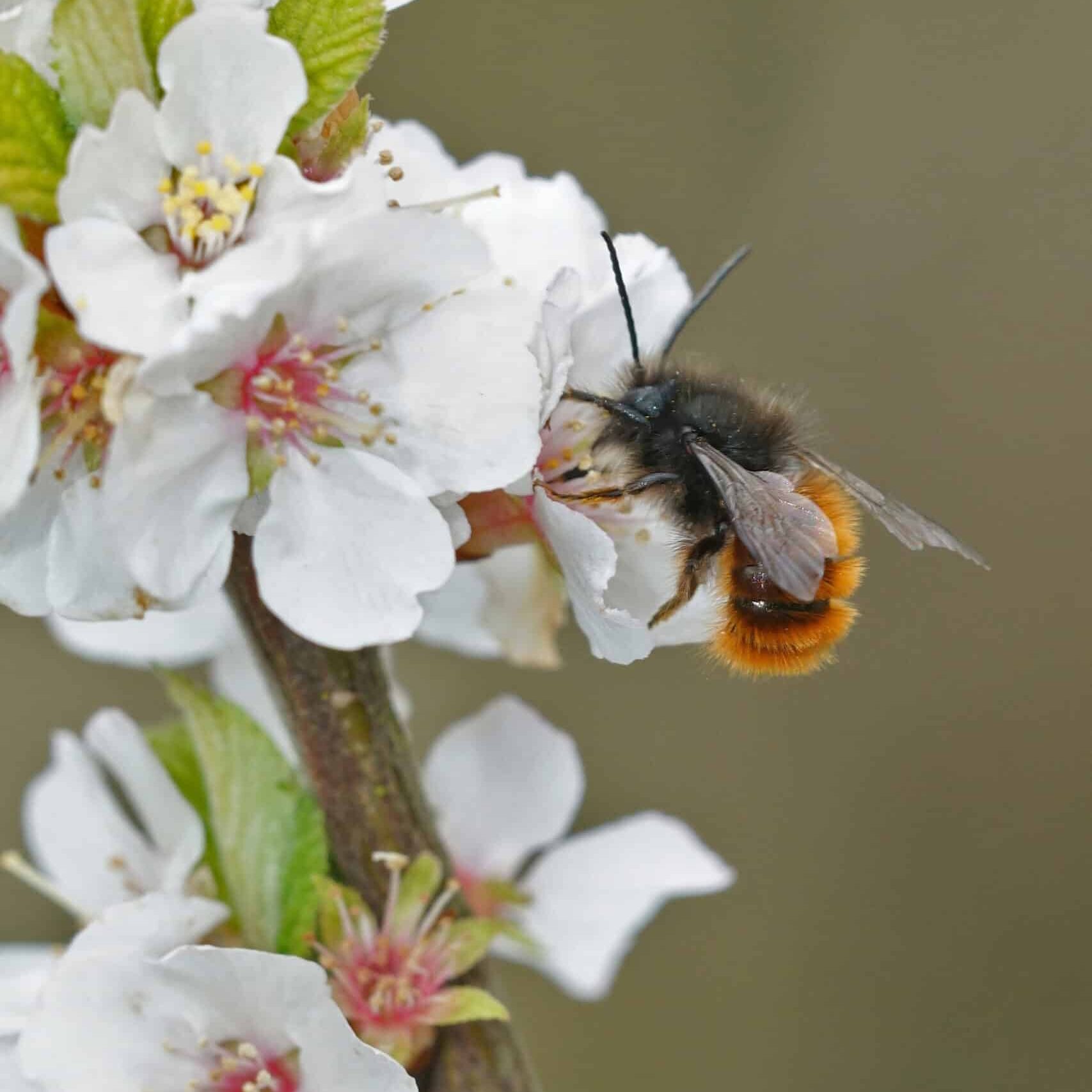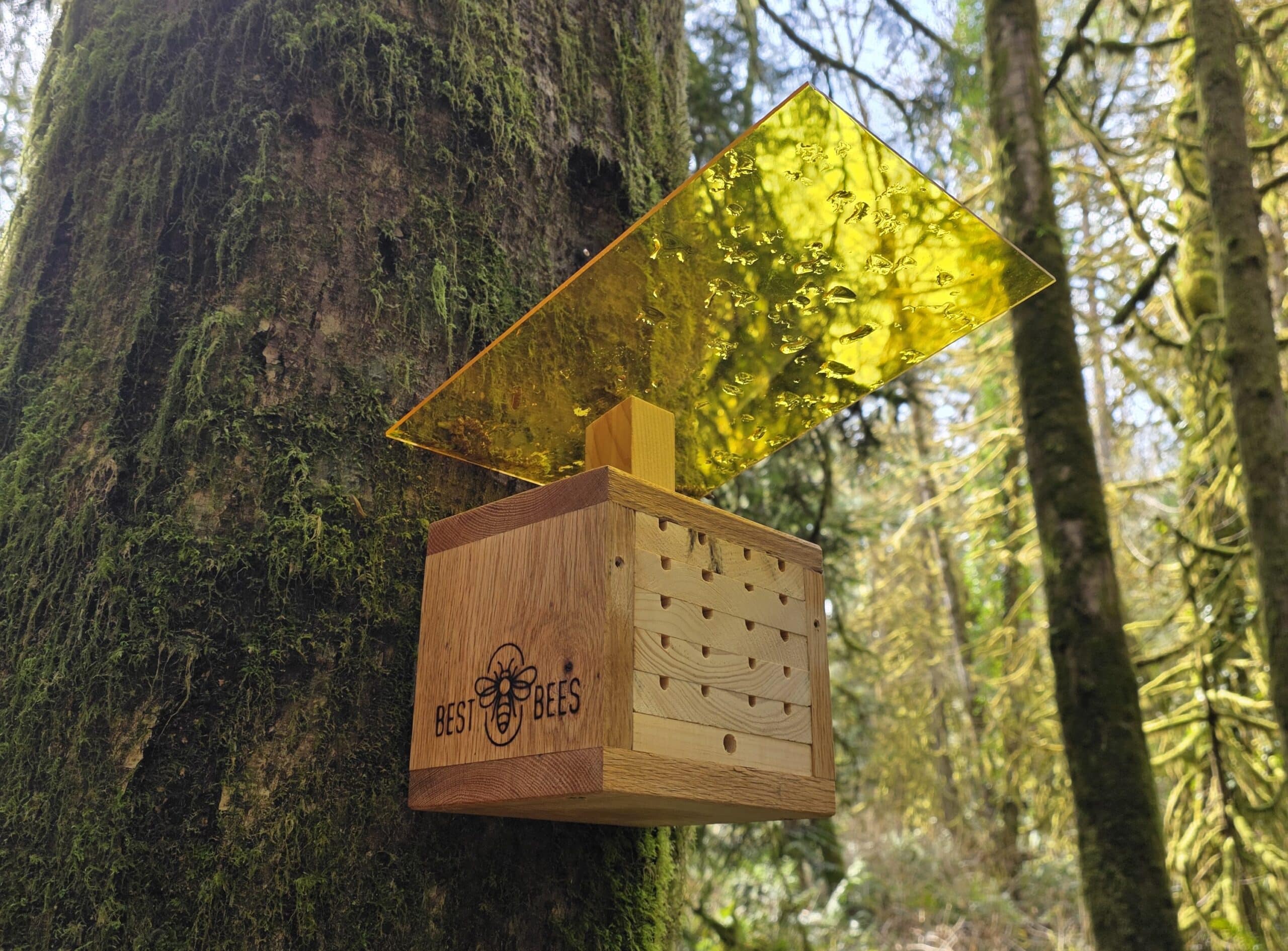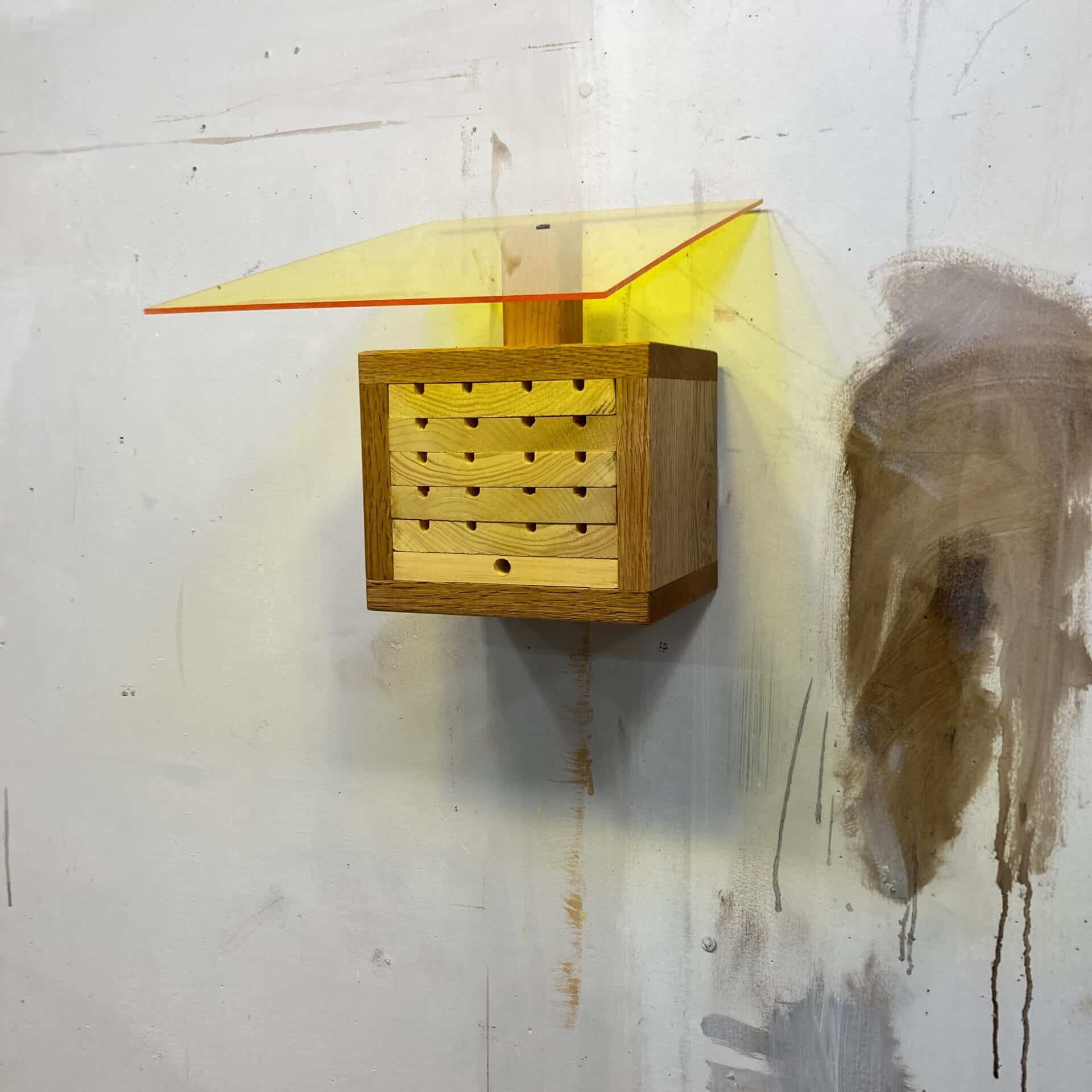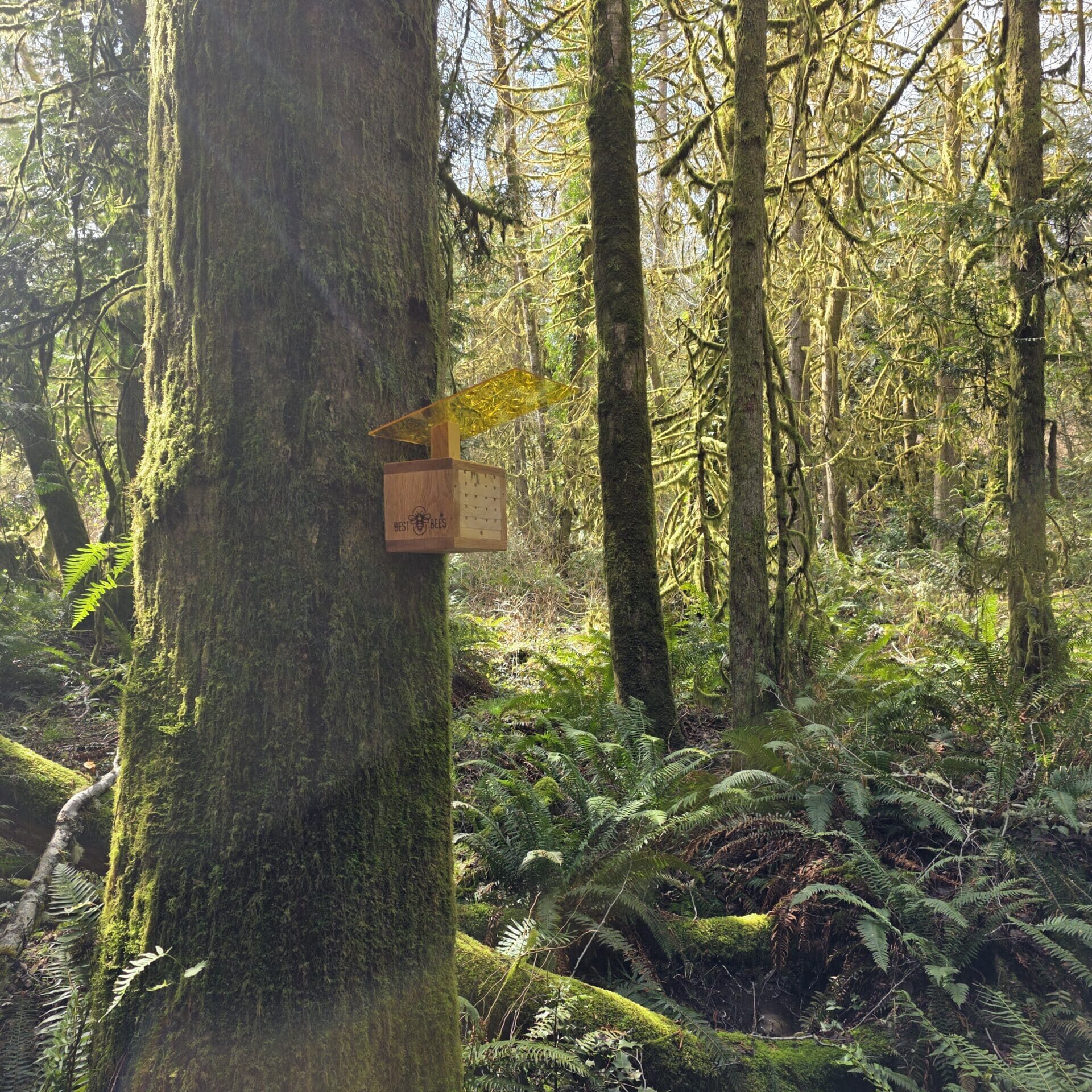Introduce Native Pollinators to Your Property
With Best Bees Native Bee Hotel and Mason Bee Services.

Combat habitat loss by providing a
nesting habitat for insects and native bees.
Bees do more than make honey—they’re behind the plants we grow, the food we eat, and the flowers we love. While honey bees often steal the spotlight, native bees are just as important to our environment. These lesser-known pollinators help keep local ecosystems thriving, but their populations are shrinking due to habitat loss, climate change, and pesticides.
At Best Bees, we’re on a mission to change that. Our handcrafted Bee Hotels provide a safe haven for native pollinators, like mason and leafcutter bees, giving them a place to nest, lay eggs, and continue their essential work. With a Best Bees Bee Hotel, you’re not just supporting pollinators—you’re actively shaping a more biodiverse, sustainable future.
The Best Bees Company Native Pollinator Program

Bee Hotel
Invite nature to stay a while.
Think of a bee hotel as the insect equivalent of a birdhouse. Native bees don’t live in large colonies like honey bees—they are solitary, nesting in hollow plant stems, wood tunnels, or natural crevices.
A Best Bees Bee Hotel mimics these natural shelters, providing a protected environment where solitary bees can safely reproduce and overwinter.
Your bee hotel is more than just a shelter—it's a tangible step toward reversing pollinator decline.

Mason Bees
The guests of honor.
Introduce some special guests this spring with our Mason Bee Program—available exclusively to Best Bees Clients! Aptly named for the materials they gather to create their nests, mason bees are excellent pollinators, native to most regions in the US.
Best Bees beekeepers will bring 20 mason bee cocoons to your property to install into your bee hotel. When they come to check in on your honey bee hives, your beekeepers will also check in on your mason bees and record data on their activity and status.
Please note that the Mason Bee Program is only available for Best Bee clients located in: Boston, Chicago, Denver, New York, San Francisco, Seattle, and Washington, D.C.
Benefits of Bee Hotels and Mason Bees
Your Bee Hotel: Designed for Pollinator Sanctuary
Starting in a classroom at the Massachusetts College of Art and Design, we collaborated with Boston-based artist Eben Haines to create a bee hotel that is both functional and beautiful.
- Natural Wood Construction – Mimics the natural nesting habitats of solitary bees.
- Built-in Protection — A stylish roof to shield nests from the elements plus a "hatchery" to ensure successful cocoon development
- Scientific Monitoring – Beekeepers track activity, contributing to critical research on native bee populations.
Check out Eben’s work at the Institute of Contemporary Art in Boston!


Your Mason Bees: Promoting Biodiversity
Creating a sanctuary for all pollinators.
Our mission at Best Bees is to promote biodiversity health for all, which includes all other pollinators. In select regions, we also offer a Mason Bee Program, introducing and monitoring mason bee cocoons to give pollinators an immediate, thriving presence.
Mason bees are notoriously hard to track. Unlike honey bees, they don’t live in managed colonies, which makes collecting data on their health and population trends difficult.
But with Best Bees, every bee hotel becomes a living data point for pollinator research. By installing a Bee Hotel, you’re not just providing a home for pollinators—you’re directly contributing to one of the largest native bee research efforts in the country.
For more information on Mason Bees and their importance in our environment, please visit our blog.

Ready to Welcome Your New Guests?
At Best Bees, we believe sustainability starts in your backyard. Our handcrafted Bee Hotels provide safe, intentional nesting spaces for native bees, supporting biodiversity and boosting pollination where it matters most—right outside your door.
Want to take it step further? In select regions, we offer a Mason Bee Program, where our expert beekeepers introduce and monitor mason bee cocoons, ensuring an immediate, thriving pollinator presence on your property.
Mason Bee Program available in: Boston, Chicago, Denver, New York, San Francisco, Seattle, and Washington, D.C.

